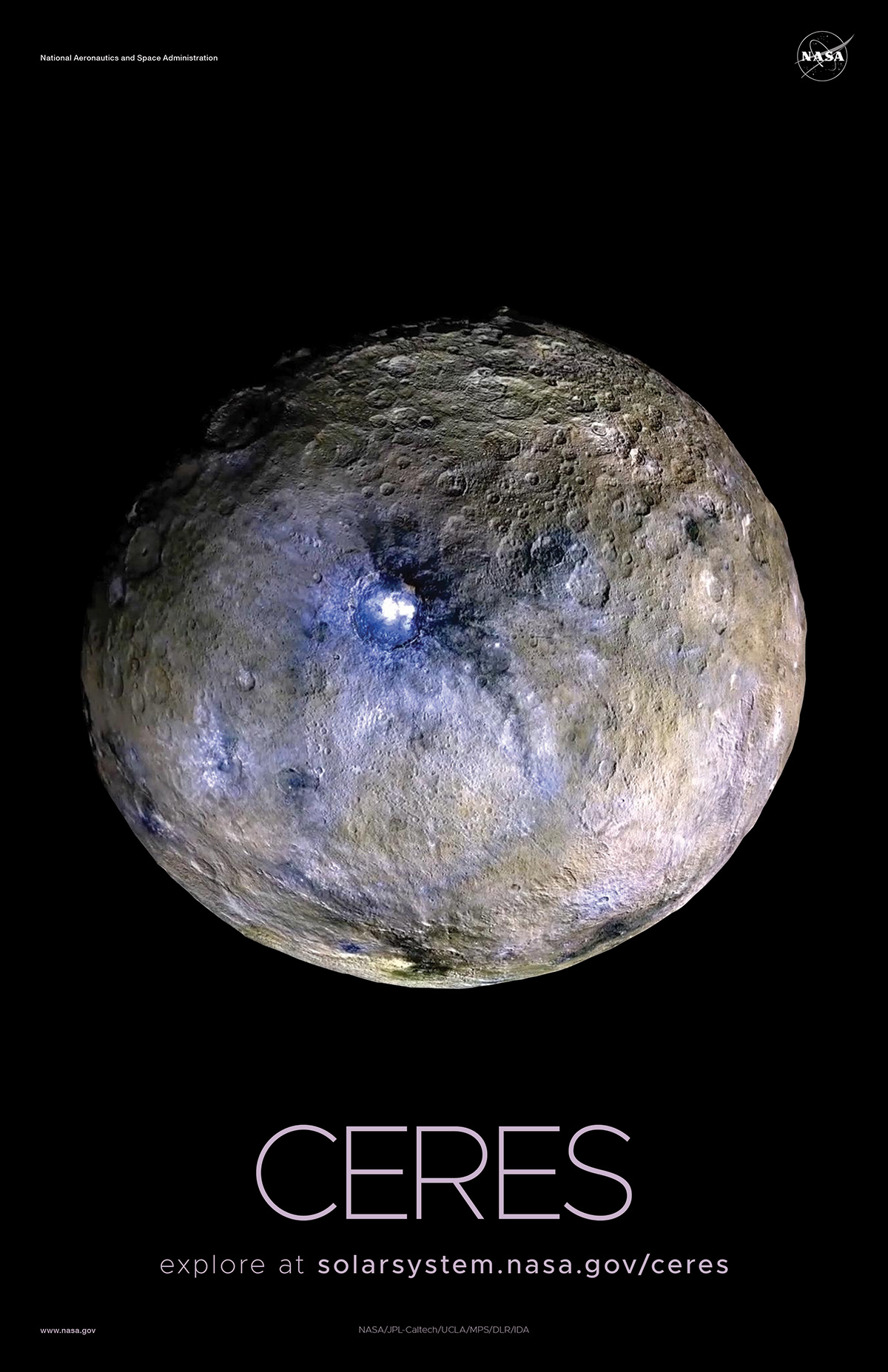Winners
Reece Steidle
Grade 5-6

Contest:
2016-2017
Topic:
Enceladus' Plumes
School:
Mount Nittany Middle School, State College, PA
Teacher:
Rose Snyder
"Of the three choices, Enceladus' Plumes is the most inspiring. This caught my eye because it reminds me of Yellowstone National Park. The plumes might have similar characteristics to Earth's geysers. I identified three reasons that Enceladus is the best target. First, the plumes are powerful enough to break out of the atmosphere because they travel about 800 mph. Second, there are hotspots under the ocean that cause the plumes. Earth also has underwater thermal vents, which indicates another similarity to Earth. Last, there is a liquid ocean and water is essential for life to exist.
Imagine the geysers at Yellowstone National Park, but thousands of times stronger, such that they can breach the atmosphere. Take this, and move it to ice-covered moon. That helps me imagine Enceladus' plumes. Just the fact that the snowy geysers can puncture the atmosphere is amazing. The plumes are expelled at around 800 miles per hour. The geysers supply Saturn's E Ring with ice particles and gasses. The heat vents cause the water and ice to be pushed upward at such high speeds that the geysers can break out of Enceladus' atmosphere.
The plumes would not exist without heat vents. Bacteria prefer a warm habitat like the vents in Earth's oceans, so if we could send out a probe it might find some living organisms similar to the the life forms near Earth's ocean vents. We know there are heat vents because scientists have found nano-particles called silica nanograins in Saturn's E Ring. Silica nanograins are created when water and rock are in contact at over 90 degrees Celsius. Also, heat causes water to rise, like the vents cause the water to rise and be expelled from the ocean in the form of plumes.
Another water feature of Enceladus is the liquid ocean under its crust. Enceladus' ocean is salt water, similar to Earth's oceans. Everything needs water to live. We know of very few, if any, other planets or moons with liquid water. If there is water, that makes it all the more likely that there could be life. In addition, there is the possibility that with enough work, we could have temporary colonies on the surface. We might be able to desalinate the water, making it potable, much as we have done on Earth.
Any one of these reasons alone would make me want to send out an exploration mission, but together they make Target 1 the best choice. There is a chance that Enceladus harbors life. Even if it is only bacteria, that would be a huge advance in Exobiology. This moon has more similarities to Earth than many other planets, including thermal vents under its crust, salt-water oceans, and plumes. These attributes point to the possibility of life on this ice-moon. The exploration of Enceladus could be the next giant leap for mankind."
